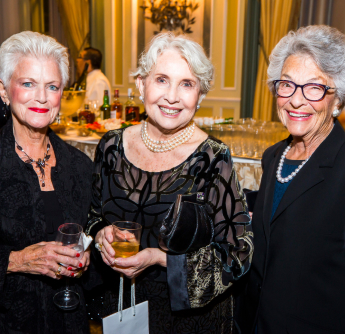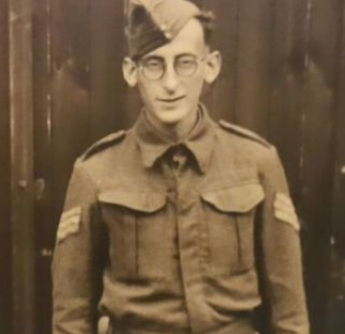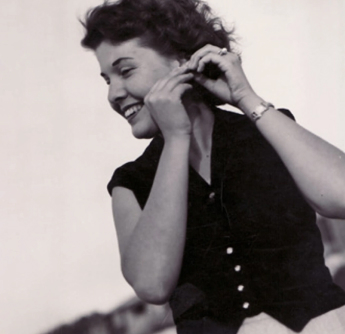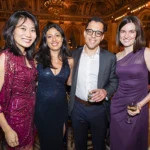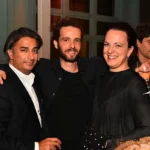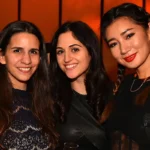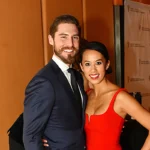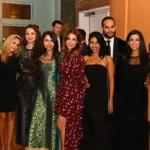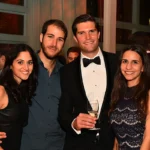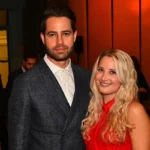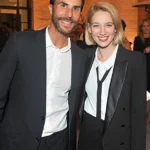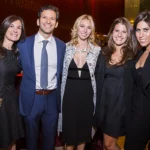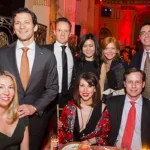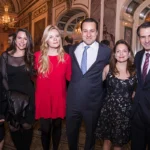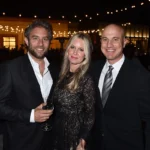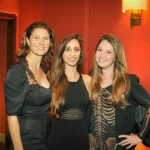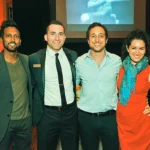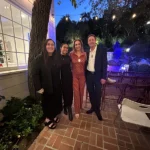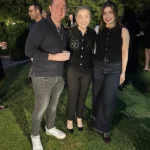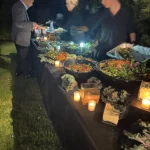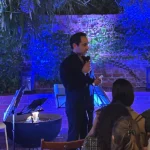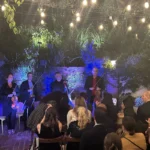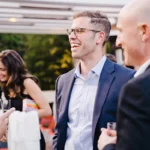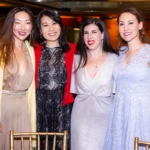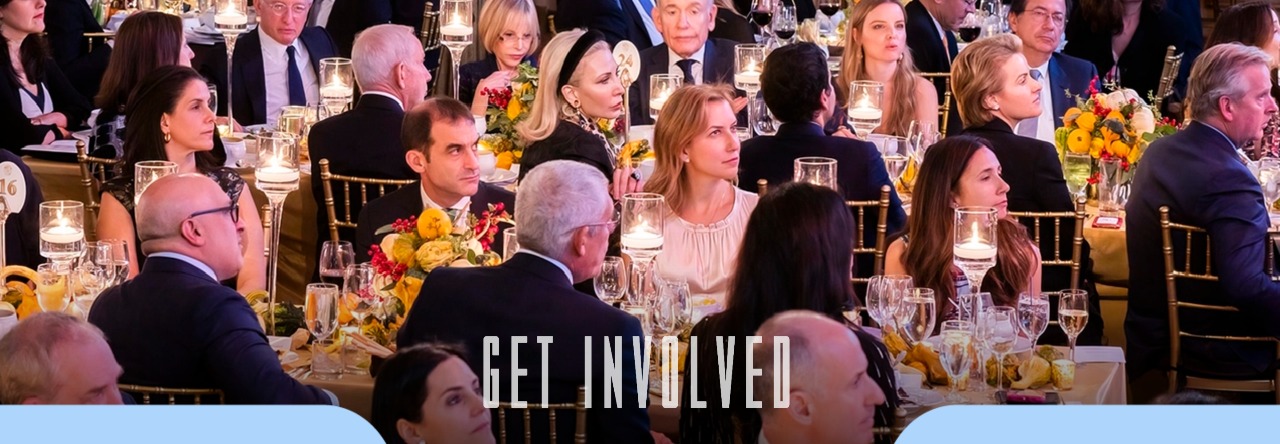
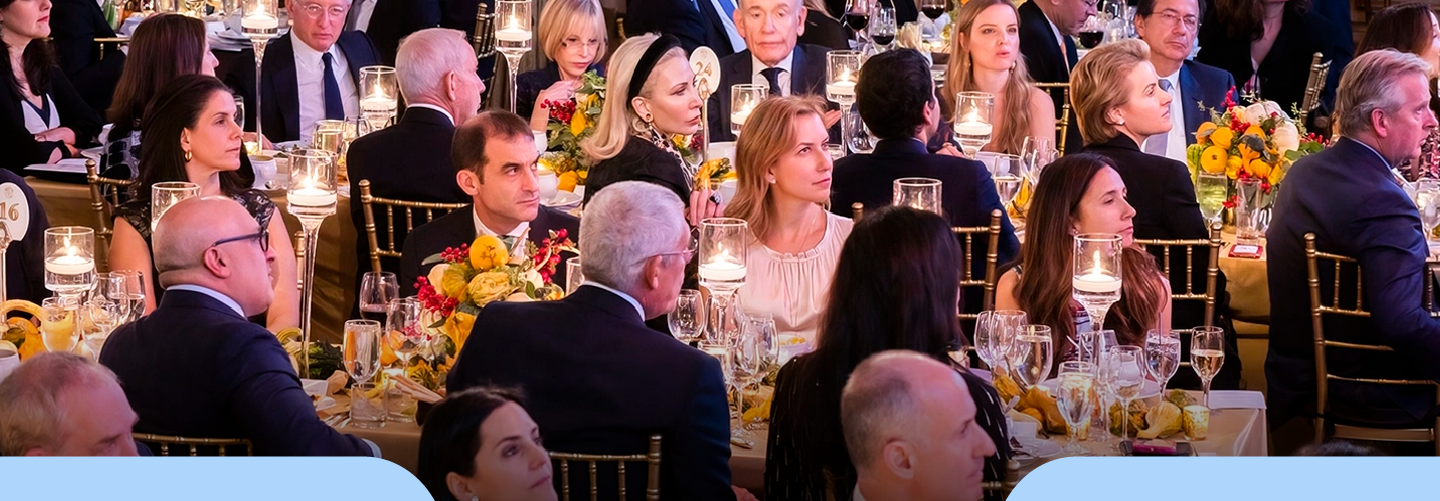
GET INVOLVED
Join Us in Your Region!
We are proud to be a national organization with friends from coast to coast, hosting events in various regions across the US with a vibrant community of donors.
Want to be the first to know about events in your region?
DONOR IMPACT
When you join our community of donors, you contribute to a legacy of global impact.
AFIPO relies on the generosity of individuals like you to fulfill our mission of uniting audiences around the world to celebrate Israel’s rich cultural tapestry and pursuit of artistic excellence through music. From supporting digital innovation to making much-needed capital investments, our donors, in their own words, share what it means to support the Israel Philharmonic.
DONOR IMPACT
When you join our community of donors, you contribute to a legacy of global impact.
AFIPO relies on the generosity of individuals like you to fulfill our mission of uniting audiences around the world to celebrate Israel’s rich cultural tapestry and pursuit of artistic excellence through music. From supporting digital innovation to making much-needed capital investments, our donors, in their own words, share what it means to support the Israel Philharmonic.
Investing in Digital Innovation: Lynn Syms & The Syms Foundation
Sharing Music with the Children of Israel: Manfried Glucksmann
Paying It Forward: Ruth Unger
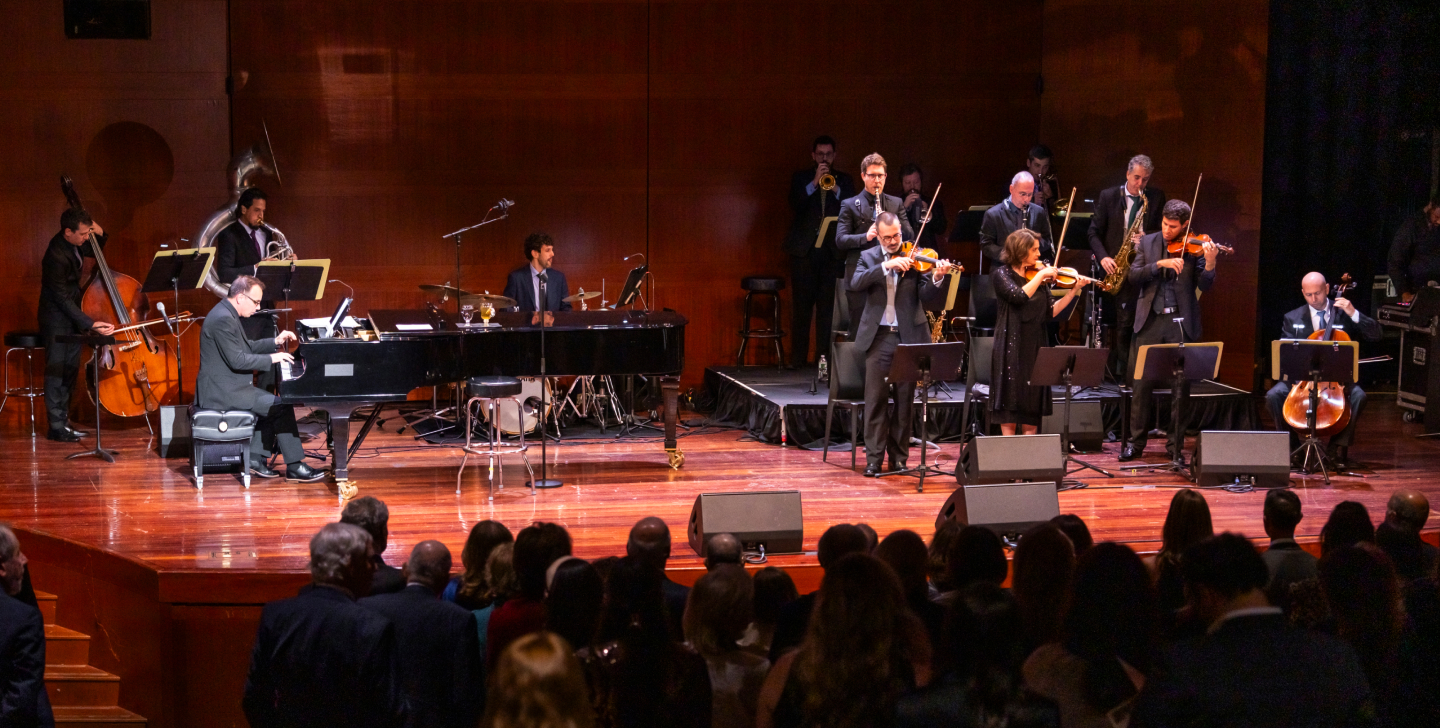
Young Patrons Circle
Join AFIPO’s Young Patrons Circle!
AFIPO’s Young Patrons Circle (YPC) unites professionals in their twenties, thirties, and forties to support the Israel Philharmonic’s important mission. We invite you to be a part of our community to gain insider access to AFIPO’s calendar of curated events, develop meaningful relationships, and support culture and music education in Israel. Membership to YPC is currently complimentary!
Recent YPC events have included complimentary invitations to privately hosted parties in Manhattan, Beverly Hills, and Palm Beach, genre-bending music salons, and concert outings accompanied by VIP meet-and-greets with star musicians. YPC members also receive access to reduced pricing to AFIPO’s signature gala fundraiser in Los Angeles, New York City, and Miami every year.
Looking for a way to make an even bigger impact? Select YPC members are invited to serve on our Young Leadership Committees—examples include gala co-chairing, committee service, and hosting bespoke events.
Connect with AFIPO!
Subscribe to our newsletter to receive special updates and offers, news and event invites, audio and video content, playlists, and more.

